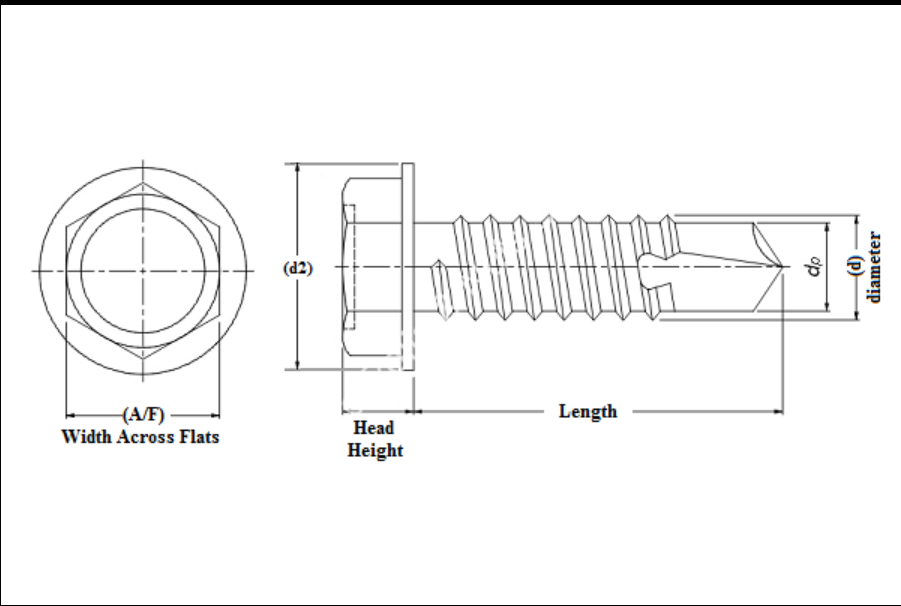Choosing the Right Length of Drywall Screws from Trusted Suppliers for Your Projects
Selecting the Correct Drywall Screw Length A Guide for Suppliers
When it comes to drywall installation, choosing the right screws is just as important as selecting the correct type of drywall. Proper screw length is crucial for ensuring a secure and long-lasting installation. As a supplier in the construction industry, understanding the factors that determine the right drywall screw length can enhance customer satisfaction and ensure the success of their projects.
The Basics of Drywall Screws
Drywall screws are typically made from steel and coated to resist corrosion. They come in various lengths, diameters, and types, but not all are created equal. The primary purpose of drywall screws is to fasten drywall sheets to wooden or metal studs securely. An incorrect screw length can lead to insufficient holding power or damage to the drywall.
Factors Influencing Screw Length
1. Thickness of Drywall The most critical factor in determining screw length is the thickness of the drywall being used. Standard drywall sheets typically come in 1/2 inch or 5/8 inch thicknesses. As a rule of thumb, the screw should penetrate at least 3/8 inch into the stud behind the drywall, ensuring a strong hold.
2. Type of Stud The material and thickness of the underlying framing also play a significant role in selecting the screw length. For wooden studs, a 1-1/4 inch screw is commonly used for 1/2 inch drywall, whereas, for 5/8 inch drywall, a 1-5/8 inch screw may be more appropriate. When dealing with metal studs, screws designed for drywall should be long enough to secure the board without penetrating too far.
3. Application The intended application can affect screw choice. For example, in high-traffic areas or where moisture resistance is required (such as in bathrooms), it’s advisable to use screws with specialized coatings or to opt for longer screws to ensure durability.
correct drywall screw length supplier

4. Weight of Finish Materials If additional weight will be applied to the drywall, such as tiles or heavy picture frames, then longer screws may be necessary to provide adequate support. This consideration becomes particularly important in commercial applications where drywall might need to support heavier finishes.
Common Screw Lengths and Recommendations
For suppliers, here are some common drywall screw lengths to stock based on typical project needs
- 1-1/4 inch screws Ideal for installing 1/2 inch drywall on wood studs. - 1-5/8 inch screws Suitable for 5/8 inch drywall on wood studs or for 1/2 inch drywall on metal studs. - 2 inch screws Best for thicker finishes or when additional support is necessary.
Providing Guidance to Customers
Suppliers should not only provide a variety of screw lengths and types but also guidance to customers on how to choose the right screws for their specific applications. Offering educational resources, such as brochures, extended customer service support, and online guidance, can position your business as a trusted resource in the industry.
Conclusion
As a drywall supplier, understanding the importance of selecting the correct drywall screw length is essential for helping your customers achieve successful drywall installations. By considering the factors such as drywall thickness, stud material, application needs, and potential weight factors, you can assist in guiding their choices. Ultimately, fostering this knowledge will not only enhance the quality of their projects but will also strengthen your reputation as a reliable supplier in the construction industry.
-
Top Choices for Plasterboard FixingNewsDec.26,2024
-
The Versatility of Specialty WashersNewsDec.26,2024
-
Secure Your ProjectsNewsDec.26,2024
-
Essential Screws for Chipboard Flooring ProjectsNewsDec.26,2024
-
Choosing the Right Drywall ScrewsNewsDec.26,2024
-
Black Phosphate Screws for Superior PerformanceNewsDec.26,2024
-
The Versatile Choice of Nylon Flat Washers for Your NeedsNewsDec.18,2024










